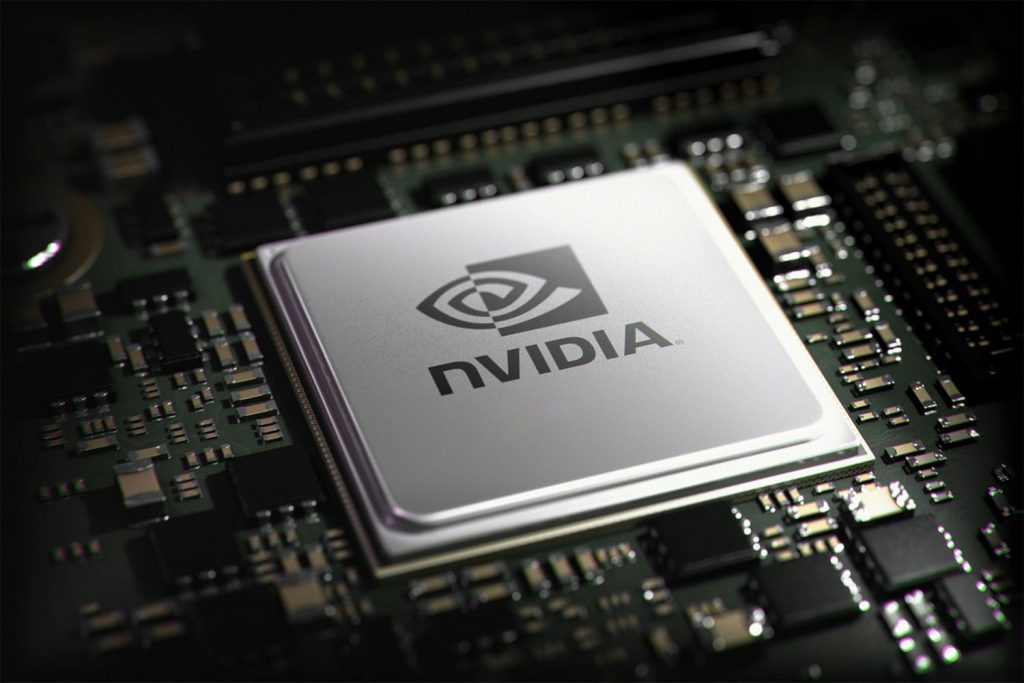
Legendary Silicon Valley investor Peter Thiel’s investment firm has sold its entire Nvidia stake following the latest quarter, closing a position that had been one of the fund’s most important holdings. According to the 13F filings, the fund’s Nvidia stake (537,742 shares in total) had accounted for around 40% of Thiel Macro LLC’s entire portfolio. And once the sale was completed, the total value of the fund’s US equity holdings fell sharply compared with the previous quarter, dropping to $74.4 million from about $212 million in the April–May period. The timing of this move becomes even more significant in the context of October 2025, when SoftBank exited its own massive Nvidia holding of around 32 million shares, raising close to $5.8 billion through the sale.
And now, the latest liquidation marks a noteworthy shift for Thiel Macro LLC, which until recently had treated Nvidia as a central holding amid the explosive rise in AI-driven semiconductor demand. Importantly, the reallocation extended beyond Nvidia, as the fund also closed out its entire stake in US-based energy company Vistra Corp, a block of 208,747 shares that previously made up about 19% of the portfolio on its own. At the same time, the firm also cut back its Tesla position, even though the EV maker now represents close to 39% of the remaining portfolio.
However, at the same time, the firm increased its stakes in Microsoft and Apple. And considering all this, it now appears the fund is moving capital out of companies tied most directly to the surging demand for AI hardware and into diversified technology giants whose earnings come from a broader mix of software, cloud platforms, consumer devices, and services. These recent repositionings come at a time when Nvidia is still in the midst of one of the most striking financial expansions in the corporate world. The company recently became the world’s first $5-trillion firm. Over the past twelve months, the stock has risen roughly 36%, and it is up nearly 38% so far this year. That momentum has been driven by a 56% jump in total revenue to $46.7 billion, with its data center business also growing 56% to $41.1 billion as demand for AI chips and high-performance computing systems continues to surge.
But despite all this, Peter Thiel himself has grown increasingly cautious about the rapid rise of AI-related stocks, and his firm’s moves reflect that shift in approach. He has warned that the excitement surrounding artificial intelligence may be building on itself, pushing expectations higher than current business performance can support. In recent months, several major institutional investors have also taken profits or reduced their exposure to AI-linked stocks, showing that even strong supporters of the sector are becoming uneasy with how quickly valuations across the space have climbed. The concern is not that AI as a technology is slowing down, but that the market may be pricing in too much future success too quickly.





